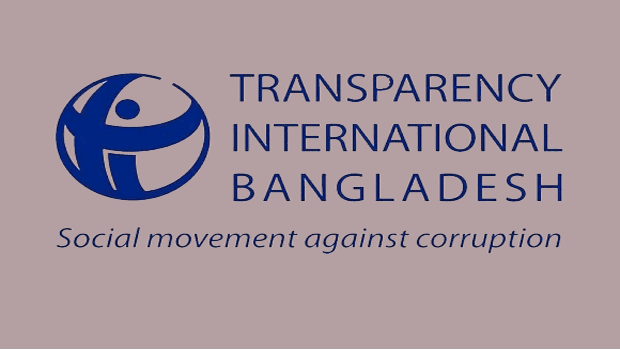Staff Correspondent
Published:2021-09-30 16:06:35 BdST
Lack of transparency, accountability key concerns in education: TIB
Institutional limitations, lack of transparency and accountability, and various legal deficiencies remain as the major challenges for ensuring good governance in the country’s secondary and higher education activities, according to a study conducted by Transparency International Bangladesh.
To overcome the limitations, the TIB placed a 20-point recommendation including preparing and implementing plans in line with the National Education Policy 2010, enhancing teachers’ online teaching capacity, create integrated organogram directly under the revenue sector, bringing the dropout students back to the classrooms, and increasing the budgetary allocation for education sector as per the suggestion of Unesco, and removing the disparity in teacher-student ratio.
The report of the study titled “Secondary Education Programmes: Challenges for Good Governance and Ways Out” was disclosed at a virtual press conference on Wednesday.
TIB Executive Director Dr Iftekharuzzaman spoke at the conference, while Taslima Akter Hena raised the report of the study conducted on the basis of the data collected from both primary and secondary sources from May 2019 to September 2021. The data was collected from 325 key informants concerned through interviews and 54 education institutions of 18 upazilas.
According to the findings, various strategies were set out in the National Education Policy 2010 to bring transparency, accountability and dynamism in education administration, but there is lack of effective initiative at the policy-making level to execute the strategies. Though work has been on the draft education law for the last 10 years, it could not be turned into law due to bureaucratic procrastination, the study shows.
In addition to the lack of initiatives to increase the financial benefits and social status of teachers and ensure effective accountability, initiatives have not been taken yet in accordance with the education policy to determine and implement the methods for evaluating students, as per the report.
Though the UNESCO recommends allocating six per cent of GDP or 20 per cent of the budget for the education sector, Bangladesh raised it to 10-12 per cent of the budget in the last 10 years, it said.
The allocations for the education sector in other South Asian countries are 3-6 per cent of the GDP, while it is only 2-3 per cent in Bangladesh.
According to the study findings, the secondary and higher education faces a number problems including lack of adequate facilities for teachers and staff, lack of manpower at the field-level administration which hamper supervision and inspection activities, procrastination in promotion of teachers, and lack of teachers’ capacity and training particularly about ICT, creating creative and digital contents, lack of transparency and accountability, political influence, irregularities and financial corruption.
Unauthorized use or reproduction of The Finance Today content for commercial purposes is strictly prohibited.


